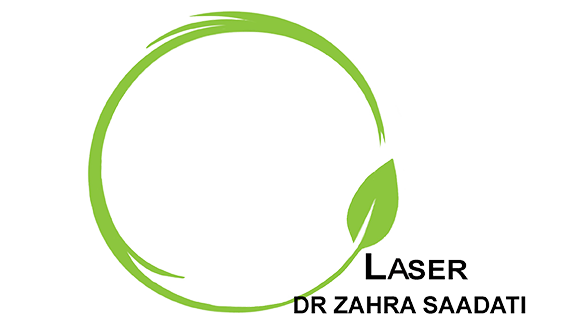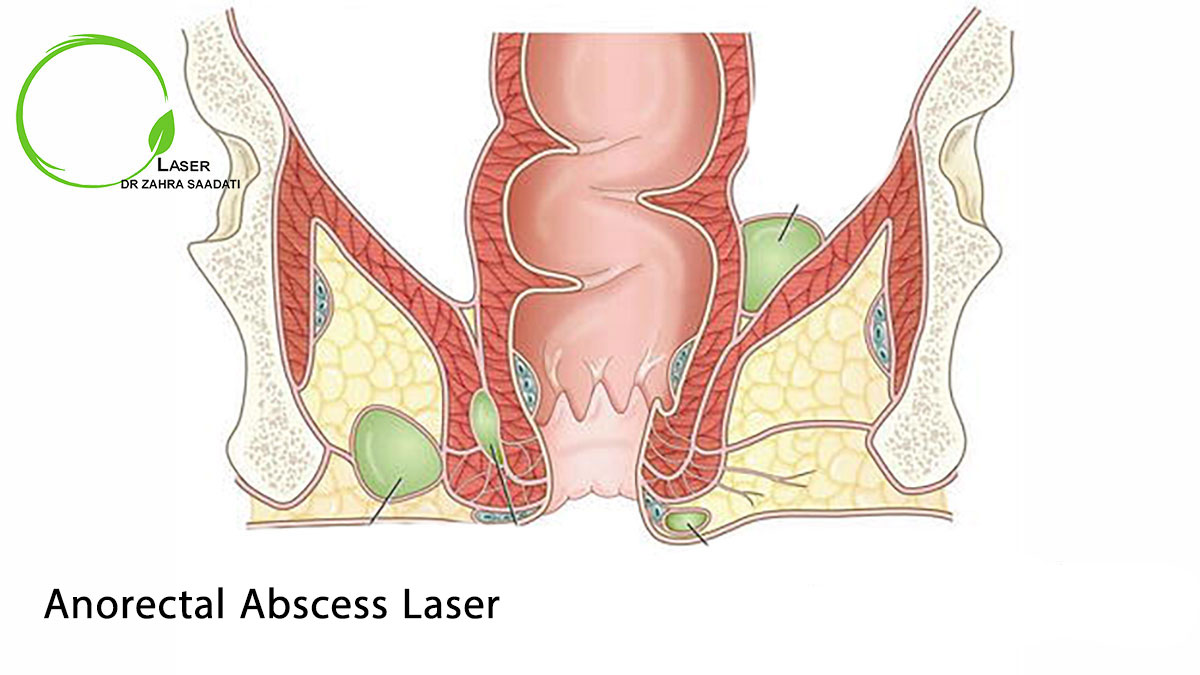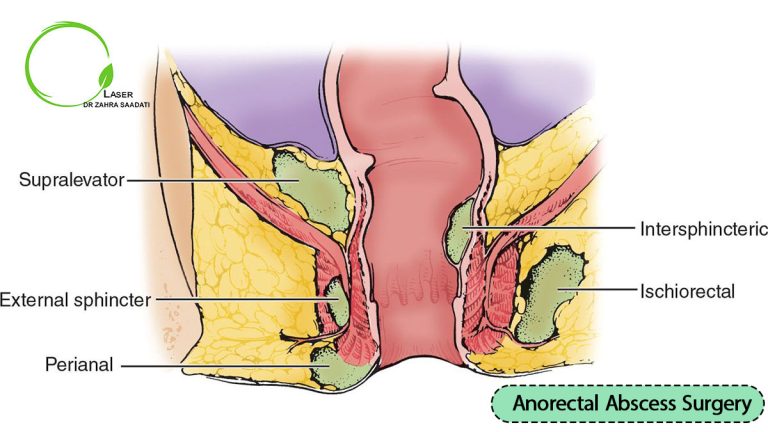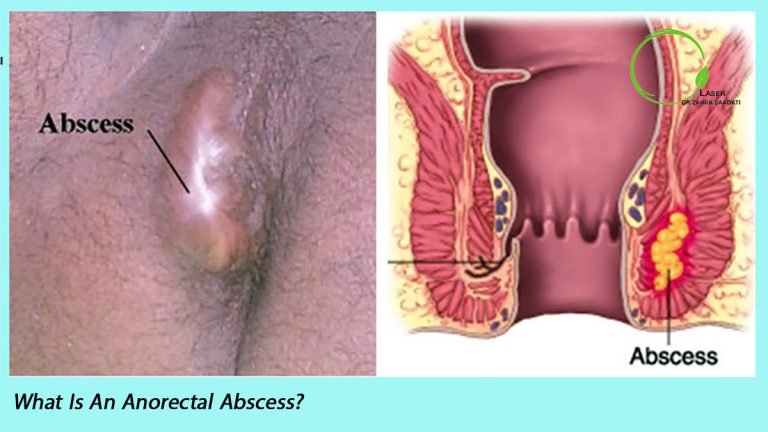The diagnosis of anorectal abscesses is a prerequisite to the correct treatment of this disease. Anorectal abscesses are usually diagnosed through physical examinations. The physician may examine specific nodes as well as redness, discharges, swelling, and pain in the anal area to diagnose anorectal abscesses.
In cases where the symptoms indicating an anorectal abscess may not be on the skin surface of the anal area, the physician uses an anoscope to correctly diagnose the disease. An anoscope is a tool inserted into the anus and rectum to help physicians in the diagnosis of anorectal diseases. When neither physical examinations nor anoscopy can help the physician to diagnose an anorectal abscess, the patient is prescribed to undergo MRI or ultrasound for easier diagnosis of the anorectal abscess. These two methods are used especially when a physical examination is not possible because the patient has wounds and pain.
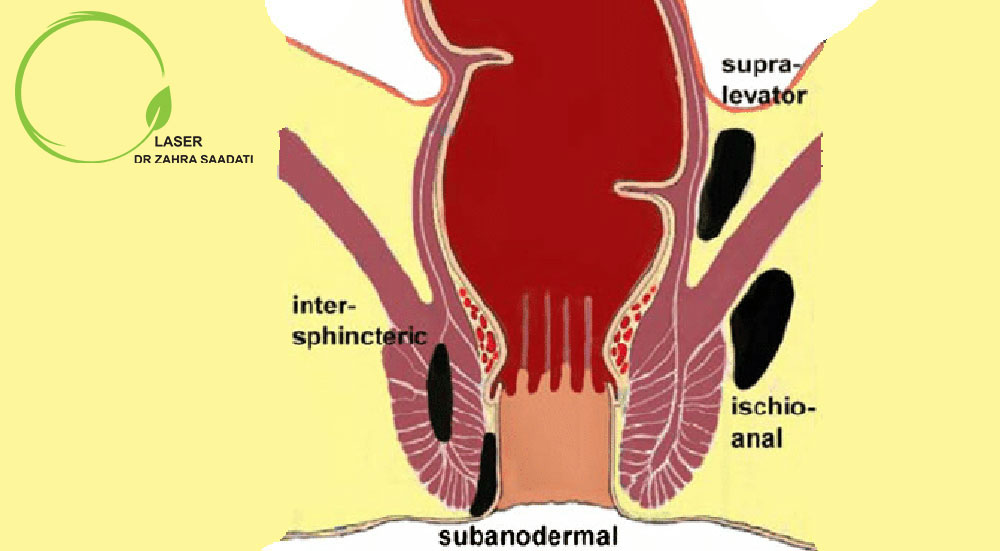
Treatment options for anorectal abscesses
Anorectal abscesses do not heal on their own; it is necessary to take medicinal or surgical interventions to treat an anorectal abscess. The most common treatment for an anorectal abscess is the removal and drainage of the pus and infection from the affected area. Depending on the type of abscess, this is done in different ways. In the case of superficial and simple abscesses, this producer can be done under local anesthesia in a physician’s office. However, when the abscess is more complicated and located in deeper layers, there is a need for a surgical procedure under general or spinal anesthesia.
Physicians may sometimes use a surgical blade or cauter to completely drain the abscess. However, the best treatment for an anorectal abscess is its removal and drainage using a high-power laser. The laser cleans and disinfects the surgical site while making incisions. The anorectal abscesses treated by this method are not sutured and are left open. Nevertheless, the surgical wounds are sutured and dressed after the operation. Such patients should visit the physician several weeks after the operation to remove the sutures and dressing and ensure that the wound is not infected.
Since surgical procedures may be risky for patients with a weakened immune system or diabetes, the physician may recommend such patients be hospitalized for a few days to prevent any infection.
Complications of untreated anorectal abscesses
If an anorectal abscess remains untreated, it may develop into painful fistules, which definitely require more extensive treatments and more complicated surgeries. About 50% of individuals with an anorectal abscess develop an anal fistule, which is a small tunnel that develops between the end of the bowel and the skin near the anus. This condition can be treated only through a surgical procedure.
Laser treatment of anorectal abscesses
Technological advancement and innovations have transformed conventional methods and proposed new ones in various fields. For example, the new methods introduced in medicine cause fewer complications and promise more advantages. The treatment of anorectal abscesses with the high-power CO2 laser is considered one of the most advanced and successful treatments for this disease.
The anorectal abscess laser is a treatment option that has gained great popularity because of its multiple advantages. This is a suitable treatment option for those who are afraid of surgery, anesthesia, and bleeding and also for other patients because this method is associated with fewer complications.
Some of the advantages of the anorectal abscess laser are as follows:
- The pain caused by this method is 70% less than the pain of abscess drainage; therefore, patients do not need to take strong painkillers after the treatment.
- This method requires a very short recovery period and patients regain their health the next day.
- One of the main advantages of this method that has attracted great attention is that it causes no bleeding.
- The laser disinfects the area while making incisions.
Complications of anorectal abscess surgery and laser surgery
Any invasive and surgical method has its own complications and problems. All patients usually suffer bleeding, pain, and discharge after the conventional anorectal abscess surgery. By contrast, the anorectal abscess laser causes only a few drops of bleeding and minimizes postoperative complications. There is also a risk of recurrence after the conventional anorectal abscess surgery. This risk can be minimized if an anorectal abscess is treated by the high-power as soon as possible.
Which one is a better treatment for an anorectal abscess: conventional surgery or laser surgery?
The only definitive treatment of an anorectal abscess is to destroy it in a surgical procedure. However, experienced general surgeons recommend patients undergo laser surgery for treating this disease because the incisions made by the high-power laser do not cause the complications and problems of conventional surgery with a surgical blade or cauter. In addition, the laser not only makes incisions delicately without damaging the healthy surrounding tissues but also repairs the affected vessels and nerves at the same time. As a result, patients do not experience severe bleeding even during laser surgery. By contrast, the patients undergoing conventional surgery (with surgical knives and cauters) will experience severe bleeding and, thereby, a longer recovery period. Therefore, 5 advantages of laser surgery over conventional surgery in treating anorectal abscesses are as follows:
- The laser not only does not damage the tissue but also repairs the affected vessels and nerves
- The laser makes delicate incisions and does not damage the healthy surrounding tissues
- The risk of transmission of infectious diseases during laser surgery is almost zero because the laser does not directly touch the tissue.
- The patient does not need to follow strict postoperative care because the surgical site is not sutured after laser surgery.
- The recovery period after laser surgery is very shorter than that of conventional surgery.
Care after anal abscess laser
Since the anorectal abscess laser cause few complications, patients do not need to follow strict postoperative care. The most important thing you need to do after the anorectal abscess laser is to sit in a basin of warm water after defecation because defecation applies pressure to the surgical site and causes slight inflammation. Sitting in a basin of warm water not only reduces the inflammation caused by defecation but also cleans the area. You can also add some drops of betadine to the water in a way that the water turns pale yellow.
Another important point that the patients undergoing the anorectal abscess laser or any other surgery of the anorectal area should take into account is to have easy defecation. The surgeon may prescribe you a laxative to prevent constipation, but you should use this medicine in a way that you do not get diarrhea. You should not use laxative syrups for a long time. Instead, try to control your defecation by correcting your diet.
After the anorectal abscess laser, it is better to sleep in a lateral or prone position, instead of a supine position, for a week to reduce pressure on the surgical site. Since the surgical site is not sutured, you do not need to take antibiotics. Moreover, you are not allowed to fast during the next 12 weeks.
Frequently asked questions (FAQs) about the anorectal abscess laser
1-Is it possible to treat an anorectal abscess and an anal fistule simultaneously by laser surgery?
The high-power laser allows surgeons to treat all types of anorectal abscesses and other anorectal diseases, such as fistules, hemorrhoids, and fissures, in a single session. In cases where an anorectal abscess is accompanied by other diseases, it is recommended to use the high-power laser for treating the anorectal abscess and its comorbidities because this type of laser allows to manipulate a large area without damaging the surrounding healthy tissue.
2-Is it possible to undergo the anorectal abscess laser during breastfeeding?
Yes, laser surgery causes no complications. Such women can treat their anorectal abscess in a single session and quickly return to their normal lives. In fact, the anorectal abscess laser does not affect breastfeeding and breast milk health.
3-Does the anorectal abscess laser cause bleeding?
The anorectal abscess laser is a procedure that causes no bleeding. However, it is quite normal to notice some colorless and odorless discharges after this procedure. If the affected area is under pressure, you may see a few drops of blood during defecation. The general surgeon and laser surgery specialist may prescribe you a laxative to prevent constipation and, thereby, anal bleeding.
4-What is the difference between conventional surgery and laser surgery for an anorectal abscess?
Conventional surgery using surgical blades causes severe pain and bleeding, whereas the laser not only makes delicate incisions but also repairs the affected vessels and nerves at the same time. In addition, unlike a cauter that burns and damages the tissue, the laser does not directly contact the tissue and causes no damage to the surrounding tissue.
5-How much does the anorectal abscess laser cost?
The cost of the anorectal abscess laser depends on the location of abscesses and the place where the procedure is performed (clinic, hospital, or physician’s office). In addition, when patients are not aware of other anorectal diseases they may have, the general surgeon and laser surgery specialist first examines the patients and then inform them of the exact cost.
